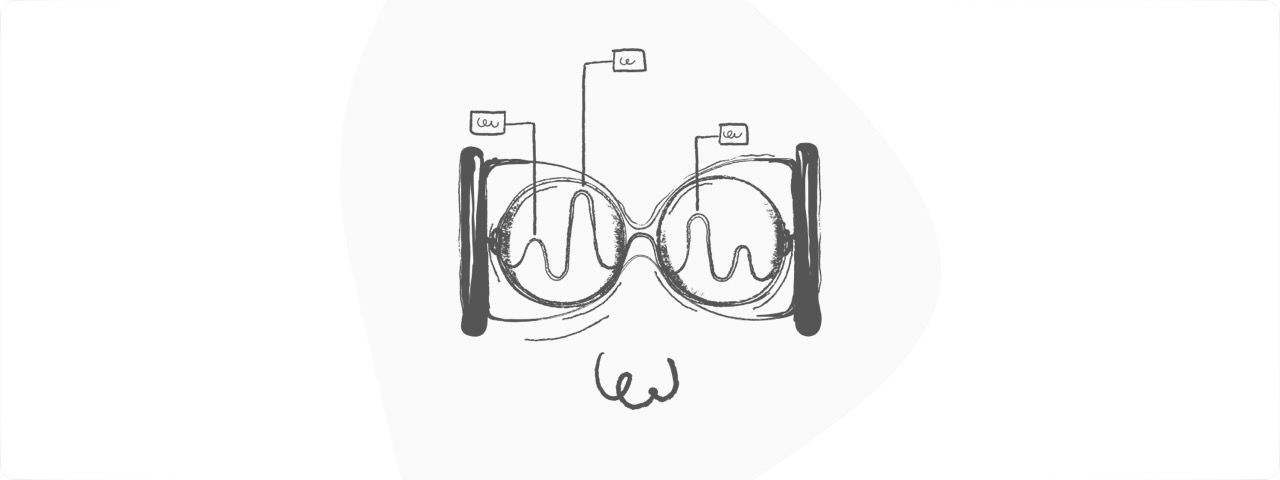
For 30 years, the Paint Media Group (PMG) has been engaged in prototyping, field-testing, and evaluating the accuracy, credibility, reliability, and usefulness of a wide range of data covering an extensive variety of topics, from how to fill nail holes to industry standards to how to scale a business. With thousands of painters asking thousands of questions, it is inevitable that answers would vary. That was certainly the case. Nevertheless, even with varying levels of expertise, it was discovered that there were consistent patterns of disseminating unreliable information, which was often predictable and repeated almost verbatim.
As a result, it is easy for people to be misled by the information they read online. In most cases, there is hardly any distinction between a "good" or "better" answer and one that is clearly "wrong." Furthermore, we typically have no information regarding the credentials or expertise of the individual who is posting or commenting on the information. While credentials are not always a reliable indicator of a person's skill or knowledge, the problem in the painting industry is compounded by the inconsistencies in advice that can be found even among paint stores, including those of the same manufacturer. This lack of agreement in the industry often leads to confusion and uncertainty for business owners who are trying to make well-informed decisions.
Navigating through 500 comments can be extremely frustrating and discouraging, particularly when there are no apparent reliable sources or definitive answers. This is particularly troublesome, as poor decisions can have significant negative effects on the bottom line. While there is certainly an abundance of information available online, it is important to approach it critically and cautiously. It is important to note the number of years someone has been painting, or their participation in trade publications or industry associations, does not necessarily indicate or validate their level of expertise. There is no substitute for empirical data, deliberate practice, and proper training.
When experiencing health problems, we would not seek advice from a random person in an auto parts store. Instead, we would seek help from a doctor or other qualified medical professionals who have the knowledge and experience to provide us with reliable advice. It is surprising that in 2023, many people who spend hours online every day struggle to distinguish between credible, questionable, and outright unreliable information. Regardless of their level of experience, people often rely excessively on advice from individuals who lack the necessary expertise but act as if they do.
We recognize a very different industry today that has failed to change and evolve with the times. For every challenge our industry faces, there is no shortage of people pretending to be something they are not. We once depended on publishers, editors, and 'specialists' to validate the information we consumed. But on the unregulated Internet, anything goes. At no point in the history of painting have we had so much unreliable information available at our fingertips. Sorting through information and trying to determine what is accurate and what is not can be a time-consuming and frustrating process.
In addition to the harm and costs associated with bad information, it can also lead to unexpected demands on resources. Unknowingly following bad advice can lead people down paths they didn't anticipate, requiring additional time, money, and effort to correct mistakes or address unintended consequences. Without a clear understanding of what they're getting involved with, people can also find themselves in situations where their reputation is at stake.
Another concerning trend on social media is where bad advice and false information are often shared widely, despite evidence that they are incorrect. We see this phenomenon often, where expert advice doesn't get much attention or engagement, but bad advice or false information can get a lot of "Likes" and shares. This highlights the need to distinguish between reliable and unreliable information and understand the consequences of sharing false or misleading information.
Cognitive biases such as confirmation bias and the Dunning-Kruger effect can lead people to ignore or dismiss expert advice while accepting information that confirms their existing beliefs. This poses a problem on social media, where users encounter a lot of opinions and information, much of which has been proven false or misleading. It is important to recognize these biases and approach information critically to make informed decisions.
Acknowledging that misinformation exists is one thing; but understanding why it does and where it originates is something entirely different. How we understand this growing problem of unreliable information and how we deal with it will either make us smarter and more informed or more naive and less informed. As it stands, if we neglect to take action, we will continue to witness the dumbing down of the industry. In reality, a desire to evaluate information on the Internet can be summed up in one word: absent.
Source: "Assessing the Accuracy and Reliability of Information in the Painting Industry: A Psychological Perspective," by Paint Media Group, 2012, p. 23. © 2023 Paint Media Group All rights reserved. Jack Pauhl is a trademark of Paint Media Group.
